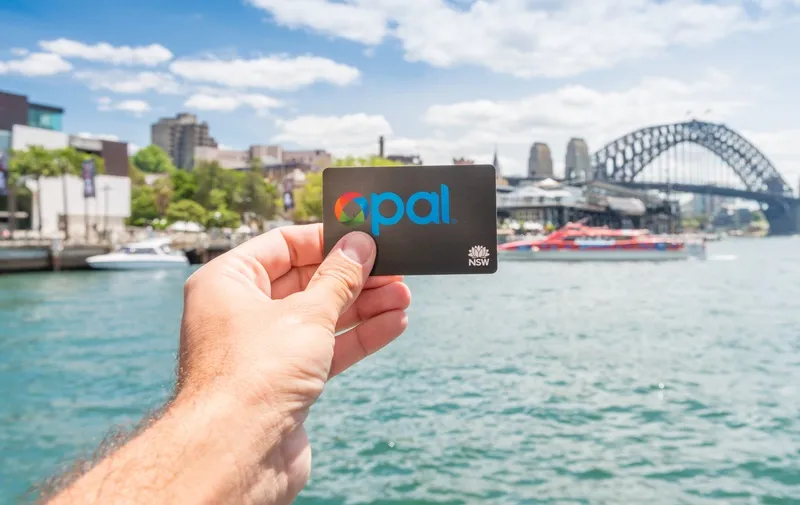A Welsh National Assembly committee study, which looked at bus and community transport across Wales, has found that falling subsidies, falling passenger numbers and reductions in services across Wales are having a severe impact, particularly in rural Wales.
Enterprise and Business Committee chairman William Graham AM said that there are also a range of policy issues which undermine the Welsh bus industry. The need for a dedicated Wales-only Traffic Commissioner based in Wales and accountable to the Welsh
March 18, 2016
Read time: 2 mins
A Welsh National Assembly committee study, which looked at bus and community transport across Wales, has found that falling subsidies, falling passenger numbers and reductions in services across Wales are having a severe impact, particularly in rural Wales.
Enterprise and Business Committee chairman William Graham AM said that there are also a range of policy issues which undermine the Welsh bus industry. The need for a dedicated Wales-only Traffic Commissioner based in Wales and accountable to the Welsh Government is widely acknowledged, but not delivered. Planned devolution of bus registration powers cannot come quickly enough.
He pointed out that in England, areas like Essex, Cornwall, Nottingham and the North East are all undertaking interesting initiatives which could offer valuable lessons for Wales.
“We need ambition – which is why we recommend setting a 2018 deadline for a Wales-wide integrated ticket, like London’s Oyster Card. It is technologically possible and passengers want it,” he said. “The incoming transport minister will need to drive this initiative from day one.”
Other committee recommendations include:
The Welsh Government should develop a Community Transport Strategy in consultation with the sector to clarify its role in an integrated network and work with local authorities to promote understanding of community transport and what it can and cannot do.
Welsh Government should set a deadline of 2018 (to coincide with the introduction of the rail franchise) for implementation of an all-Wales integrated ticketing system to be used on all commercial bus, rail and Metro services.
Wales should, as a matter of urgency, have its own dedicated Traffic Commissioner, based in Wales and accountable to Welsh Ministers and the National Assembly for Wales.
Enterprise and Business Committee chairman William Graham AM said that there are also a range of policy issues which undermine the Welsh bus industry. The need for a dedicated Wales-only Traffic Commissioner based in Wales and accountable to the Welsh Government is widely acknowledged, but not delivered. Planned devolution of bus registration powers cannot come quickly enough.
He pointed out that in England, areas like Essex, Cornwall, Nottingham and the North East are all undertaking interesting initiatives which could offer valuable lessons for Wales.
“We need ambition – which is why we recommend setting a 2018 deadline for a Wales-wide integrated ticket, like London’s Oyster Card. It is technologically possible and passengers want it,” he said. “The incoming transport minister will need to drive this initiative from day one.”
Other committee recommendations include:
The Welsh Government should develop a Community Transport Strategy in consultation with the sector to clarify its role in an integrated network and work with local authorities to promote understanding of community transport and what it can and cannot do.
Welsh Government should set a deadline of 2018 (to coincide with the introduction of the rail franchise) for implementation of an all-Wales integrated ticketing system to be used on all commercial bus, rail and Metro services.
Wales should, as a matter of urgency, have its own dedicated Traffic Commissioner, based in Wales and accountable to Welsh Ministers and the National Assembly for Wales.









